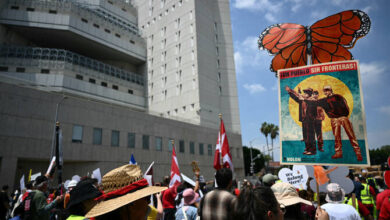The Sustainable Development Policy Institute (SDPI) and the Embassy of Denmark in Pakistan launched the second phase of their initiative, ‘Unlocking the Potential of Carbon Markets in Pakistan’, with a reception for diplomats, policymakers, and delegates.
Danish Ambassador Jakob Linulf pointed out that the partnership has bridged knowledge gaps and strengthened collaboration between federal and provincial governments, setting the stage for a sustainable carbon market framework in Pakistan. “Now, we are excited to support industries and particularly small and medium enterprises (SMEs) in accessing carbon markets, creating new avenues for green growth and resilience,” said Linulf. He added that with Danish expertise and SDPI’s support, the initiative aims to empower businesses to advance Pakistan’s climate goals while capitalising on economic opportunities presented by carbon markets.
This collaboration underscores the commitment of both organisations to promote sustainable growth by building a robust carbon market framework, particularly supporting Denmark’s efforts in advancing climate action in Pakistan. The initiative’s initial phase in 2023 established a foundation for a national carbon market, training over 950 professionals in carbon trading mechanisms, facilitating public-private cooperation, and supporting the development of Pakistan’s national carbon market policy, which will be presented at COP29.
SDPI also aided in revising national carbon trading guidelines and aligning federal and provincial carbon policies. The second phase of the project aims to expand on these accomplishments by enabling SMEs to participate in carbon markets through partnerships with chambers of commerce and industry associations across Pakistan. This phase will focus on creating a pipeline of market-ready projects and providing hands-on support to help SMEs develop viable carbon trading proposals.
To enhance synergy between public sector strategies and market opportunities, the project will draw on Denmark’s climate policy expertise, hosting national dialogues and workshops that involve government ministries, private sector leaders, and international experts. These sessions will encourage shared insights and a collective understanding of carbon trading benefits.







